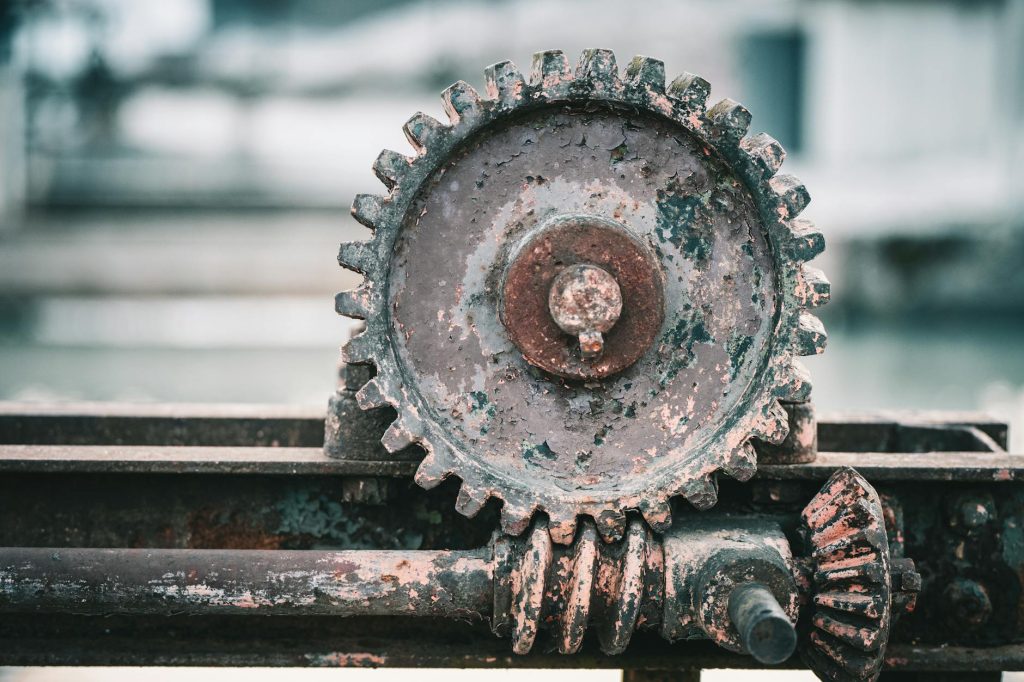Let’s be honest, metalheads: we’re a discerning bunch. We demand sonic brutality, precision, and enough gain to melt the face off a demon. But have you ever considered the economic engine driving that relentless sonic onslaught? I’m talking about the unsung heroes, the sonic alchemists, the boutique pedal makers who’ve shaped the sound of heavy metal itself.
From Garage to Global: The Rise of Boutique Pedals
Forget mass-produced, sterile effects. The real magic started brewing in garages and basements, where obsessive pedal builders crafted unique circuits, hand-wired masterpieces, and limited-edition runs. These weren’t just effects; they were instruments in their own right, shaping the signature sounds of countless metal titans. This isn’t just about amplifying your guitar; it’s about creating a personal sonic fingerprint, a tool so intimately connected to your playing style that you’d consider it an extension of your soul (if you had one).
The early days saw DIY culture and word-of-mouth marketing dominate the scene. Think of it as the original social media, passed around in smoky backrooms and underground gigs. Each pedal became a legend—an object of desire, a prized possession for players searching for that elusive tone. This grassroots movement organically built a dedicated customer base. These were individuals who understood value beyond the price tag and saw the beauty in craftsmanship and sonic character. For many of us, it’s a perfect match for our appreciation of a killer manly coffee mug—unique, functional, and built to last.
The Economics of Tone: Small Batch, Big Impact
This isn’t some niche market; the economic impact of these boutique pedal manufacturers is significant. A 2023 study by Music Trades highlighted the growing market share of independently owned, small-batch pedal producers, showing a steady increase in both sales and brand recognition. The rise of online marketplaces and social media amplified their reach, creating a global network of buyers and sellers who value both sound quality and unique character. That’s right, the internet let the underground rise up, and we are all better for it.
These aren’t just sales figures, though; it’s a testament to the power of authenticity in a world of manufactured trends. It’s a refreshing rebellion—a rejection of mass production in favor of handcrafted artistry and unique sounds. It’s also a powerful business model, one that reflects the ethos of underground scenes and their passionate consumers. They thrive on quality, uniqueness, and word-of-mouth marketing. This is a movement that, much like great coffee beans, shows how passion for the product and dedication to quality is rewarding.
The Pedal-Driven Evolution of Metal
The influence of these boutique pedals on the evolution of metal guitar tones is undeniable. Think about the iconic sounds of bands like Black Sabbath, Judas Priest, and Metallica, each pioneering a unique approach to distortion and gain. The evolution from early fuzz boxes and distortion pedals to the sophisticated, nuanced, and heavily modified options available today is a direct result of the work of these small-batch pedal makers. Each step pushed the boundaries of what was possible.
These pedals have not only influenced the sonic landscape but also the culture of metal. They’ve become status symbols, collectors’ items, and symbols of identity within the scene. It’s another layer of the rich tapestry of metal music and its dedicated fanbase. This is why, dear friends, many musicians see their effects pedals as important as their axe. Because it’s not just about getting the sound, it’s about getting *your* sound.
Beyond the Pedalboard: The Cultural Impact
The story of boutique effects pedals is more than just a tale of economic success; it’s a reflection of the enduring power of DIY culture, passionate craftsmanship, and the unwavering pursuit of sonic innovation within metal and beyond. It’s a fascinating intersection of creativity, community, and entrepreneurship, echoing the spirit of rebellion and self-expression that lies at the heart of heavy metal. And let’s be honest, if you’re serious about your coffee, you probably get it.
This subculture demonstrates a powerful economic model that’s about more than just profit—it’s about community, shared passion, and a deep appreciation for quality. It shows that even in a genre as commercially driven as metal, there’s still space for authenticity, artistry, and a deeply personal connection between the creator and the consumer. And frankly, that’s metal as fuck.

